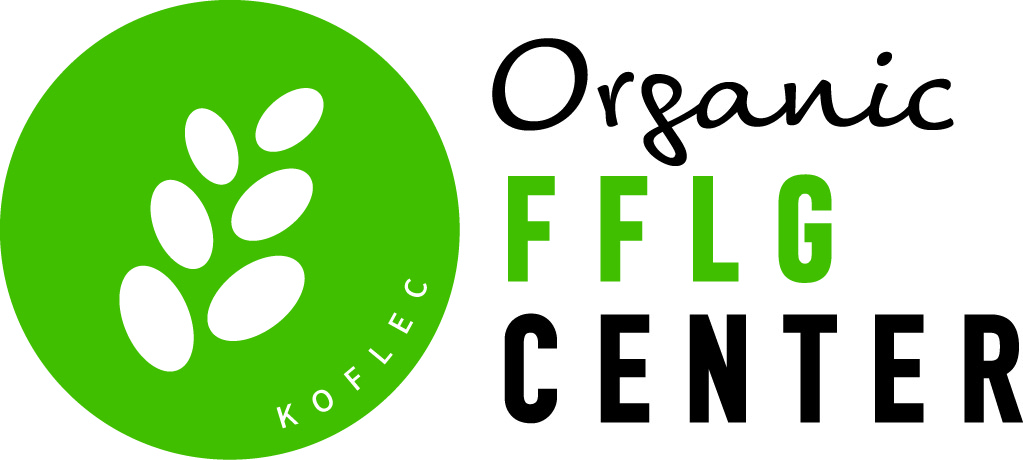Joint cocoa course broke vicious cycle

A few years ago, Kobusinge Florence was caught in a cycle. A cycle that kept her and many other women and their families in the western Ugandan village of Bulireya in poverty. Then as now, cocoa was the main crop for her family farm.
Previously, the individual farms sold the cocoa to individual buyers on informal contracts, with each buyer initially offering prices of 1.4-1.6 dollars per kilo. Although prices could rise over the two annual harvest seasons, the farms did not get more for their cocoa. The buyers also offered loans with an interest rate of 15 percent. The low price and high interest rates naturally affected Kobusinge Florence's income.
“The little money I earned was used to buy food and cover other simple needs. There was nothing left for school fees and to improve our home," says the Western Ugandan woman, who is now 37 years old and has three children.
Better pricing and microloans
In 2015, Kobusinge Florence, together with other women from the local community, was taught how important collective marketing is. This happened via the development program ESFROMA. Afterwards, on the basis of a farming group supported by the National Organic Association, they created a cooperative: the Kaghema Farmers' Cooperative Group, where a shared motorcycle now collects their organically grown cocoa in pools of up to seven tons. They can now sell the much larger quantities for up to 2.5 dollars per kilo.
Kobusinge Florence explains that their income slowly improved and that the vicious spiral was thus broken with joint marketing.This motivated the cooperative to create a savings and credit scheme, also called a SACCO: that is, private microloans, which in this case were of approx.3700 dollars by the end of 2021.
"I no longer need loans from individual buyers, but from our own credit scheme at an interest rate of one third - namely just five percent.I also no longer sell my cocoa in advance at a cheaper price,” says Kobusinge Florence.

Own shop supplies school fees
The lower costs of loans and the increased income have given Kobusinge Florence financial muscle.Now she has opened her own shop, where she sells, among other things, maize flour, peanuts, cassava flour and vegetable seeds.
"My shop gives me a daily income which, among other things, enables me to send my children to a good school."In addition, the cooperative has bought a computer together.
"We have also bought a piece of land where we hope to build our own office, so that we can leave the rented office," Kobusinge Florence asserts.
Interview and text: Bihundira Gilbert, KOFLEC
Photos: Kule Jockus, Jocks Media
